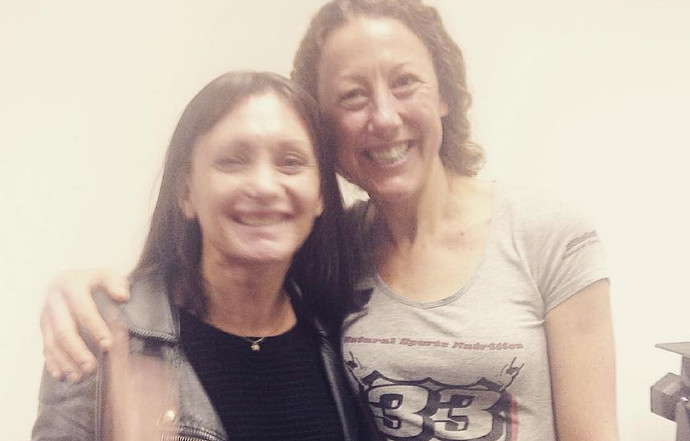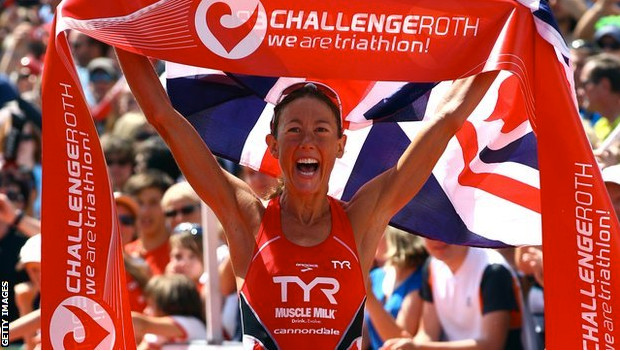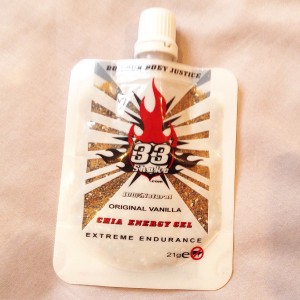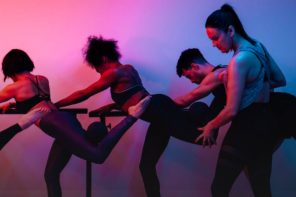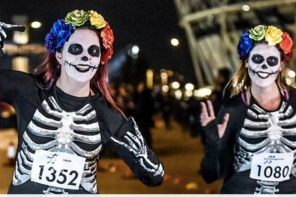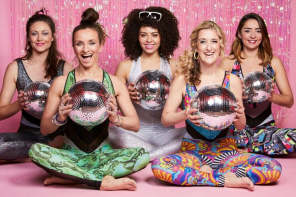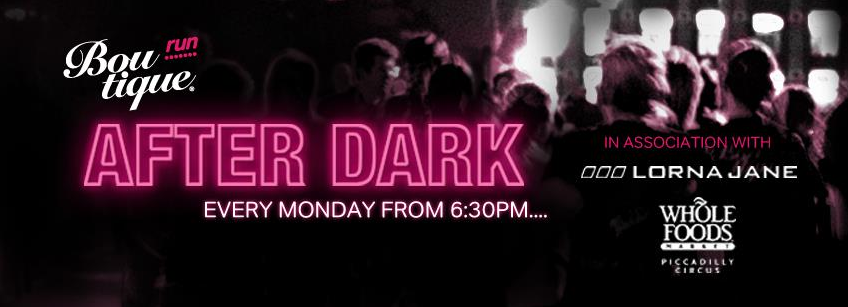If anyone knows about training for endurance events it’s our total girl crush, ex professional triathlete and four-time World Ironman champ Chrissie Wellington. Love her!
Chrissie Wellington on Training
A common misconception with training for endurance events is that you have to do hundreds of hours a week. Once I became professional and got a coach, he reduced the volume of training I was doing but increased the intensity.
Once you have that endurance base, bashing out hours and hours of training is just junk, it won’t advance you physically. It’s more important to do sessions that push you – interval training, tough brick sessions, strength and conditioning. I used to do sessions such as a fast 14-16k on the bike then a run that alternated between 1k at faster than race pace, 1k at race pace, to test my body off the back of a hard ride.
Racing hurts, so training has to hurt at times (in the right way of course). You need to push and test yourself in training to be able to endure it on race day. That’s why it’s called endurance sport. Discomfort is not something to be feared.
The treadmill can be a good addition to training. My second coach got me doing speed work at 0.5 gradient and hills on the treadmill. It helped me increase my leg turn over and revolutionised my running.
For longevity as an athlete you need to do strength and conditioning work. But there’s no point lifting a few weights randomly, it needs to be targeted to your sport and your weaknesses. My speed always tailed off at the end of the marathon and my form went because my hamstrings and glutes weren’t strong enough. Targeting them with strength work meant I was then able to run negative splits.
Make your training fit around your life. I was lucky that I could train four-six hours a day and then put my feet up for 18. Most people don’t have that luxury. A turbo is a good time saver, it’s tedious but there’s no freewheeling so an hour on the turbo can be worth around two outdoors. If you can’t fit in a long steady run go out for 40 minutes and make 20 of those hard, you’ll probably get more out of it. I call these ‘bang for buck’ sessions.
Rest is so important. When I first started training I used to think taking a rest day meant I’d failed and as a result I couldn’t rest my mind and would over analyse everything. Without learning to rest my mind and body I would never have been able to achieve what I did.
Chrissie Wellington on Racing
Don’t go into a race expecting perfection. Racing is a learning experience. Things will go wrong. Someone will knock off your goggles, you’ll get a stitch… that’s racing. The key is overcoming those imperfections perfectly. My last Ironman race in Kona when I was suffering from injury after a bike crash was the hardest of my career, that’s why I’m so proud of it. (Obviously she won.)
Take your bike for a spin the morning before the race, that way, if you’ve got any mechanical issue you’ve got plenty of time to fix them.
You need to develop your mental strength in training to help you on race day. Practice disassociating your mind from your body and taking it to a happy place. Try breaking your session down so it doesn’t seem insurmountable, think I just need to swim to that buoy or run to the next water station. I think of the marathon as four 10ks with a bit of change.
In the hours before a race I take myself off and listen to music. I find it helpful to stay away from the noise and the hassle as long as possible.
I usually do a dry run of the racecourse listening to a really cheesy playlist. That way, when I hit certain points on race day it reminds me of a song that means something to me.
Keep things in perspective, it helps you cope with the pressure. Millions of people really don’t care about triathlon. If you fail is the world going to fall apart?
No one ever sleeps well the day before a race so don’t expect to and don’t stress if you don’t. The key is to bank sleep in the couple of weeks before.
Chrissie Wellington on Nutrition
Race day nutrition starts long before race day. It’s what you eat every day. I have a balanced diet and try to eat food that’s as close to the source as possible, lots of lean meat and fish, complex carbs like quinoa, spelt and wild rice, nuts and seeds, fresh fruit and veg.
As an athlete, yes we did use energy gels and drinks but very, very sparingly and very few times in training. They’re addictive, the ingredients can cause cramps and once you take them you need more, your diet should be mainly natural wholefoods. I used to fuel my long runs with rice cakes and peanut butter and a coffee.
Chrissie Wellington on Racing Overseas
As a professional I travelled to a race destination well in advance. For most people that isn’t possible. You can reduce the stress of travel by wearing compression socks on the plane and taking food with you so you know what you have to eat and can eat it when you need to.
Organisation is key. I’m the queen of lists, they help minimise panic.
If you’re racing in a hot country, holding ice cubes in your hands helps cool your core body temperature down.
Chrissie Wellington on Equality in Sport
What I find refreshing about triathlon is that it’s very egalitarian. It’s equal for both sexes, we race the same distance for the same money, we have the same opportunities and media coverage. Unfortunately that can’t be said for women’s cycling.
For the 21-stage The Tour de France, the winner receives €450,000. For the 10-stage Giro d’Italia Femminile, Marianne Voss won just €350.
Chrissie Wellington was speaking at the launch of the all-natural Chia Energy Gel from endurance nutrition company 33shake. Chrissie has joined forces with 33Shake as she believes in the ethos of natural nutrition.

